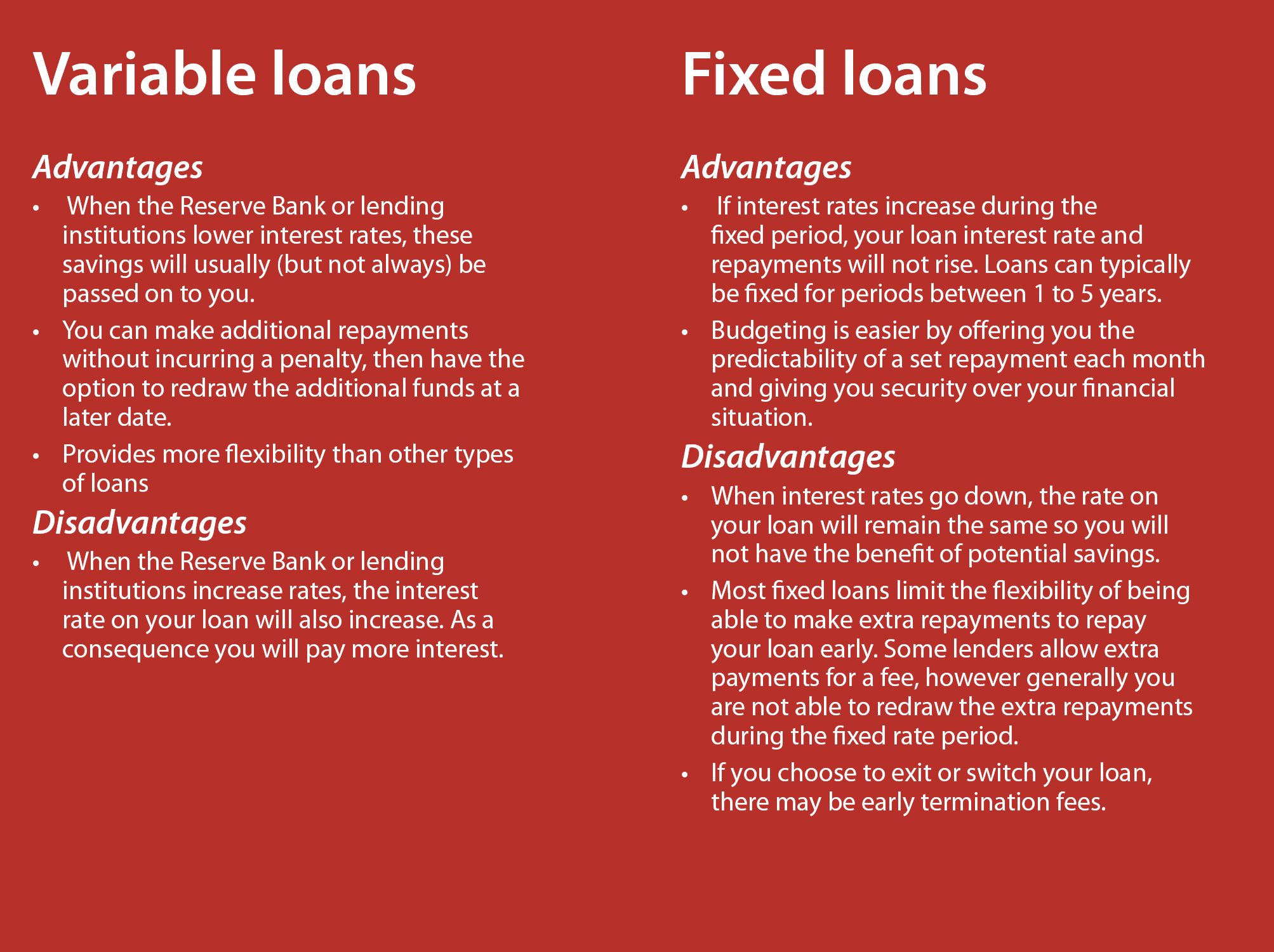rba-announcements
November RBA announcement 2015
|
|
|||||
|
|||||
|
|
|||||
|
|||||
|
|
|
|
|||
October RBA announcement 2015
|
|
|||||
|
|||||
|
|||||
|
|
|
|
|||
September RBA announcement 2015
|
|
||||||
|
||||||
|
|
||||||
|
|
|
|
||||
August RBA announcement 2015
|
|
|||||||||||||||||
|
|||||||||||||||||
|
|||||||||||||||||
|
|
|
|
|||||||||||||||
June RBA announcement 2015
 |
||||||||||||||
|
||||||||||||||
|
||||||||||||||
 |
||||||||||||||
|
|
|
|
||||||||||||
May RBA announcement 2015
 |
||||||||||||||
|
 |
|||||||||||||
|
|
||||||||||||||
 |
 |
|||||||||||||
|
||||||||||||||
|
|
||||||||||||||
April RBA announcement 2015
 |
||||||||||||||||||||
|
 |
|||||||||||||||||||
|
|
||||||||||||||||||||
 |
 |
|||||||||||||||||||
|
||||||||||||||||||||
|
|
||||||||||||||||||||
February RBA announcement 2015

Great news! Or is it?
While economic data continues to show weakness and after months of speculation on whether the cash rate (and subsequently interest rates) will drop, the Reserve Bank announced today it has actually decided to drop thecash rate to 2.25% - the lowest in Australian recorded history.
Prior to 1990 the Reserve Bank of Australia did not publish an official cash rate setting and cash rates going back to 1960 were a proxy of the current measure. Historical data shows the lowest cash rate proxy was 2.89% in January 19601.
Please be aware however, although the Reserve Bank has dropped the cash rate, THIS DOES NOT MEAN that your financial institution will automatically pass the savings on to you, nor are they likely to do so immediately. Keep posted to the media this week.
While waiting for your lender’s decision, when was the last time you checked that your offset account has been set up and calculated correctly?Our article of interest this month is a story from one of our industry colleagues helping one of their clients retrieve $81,000 of overcharged interest.
It’s a great read.
If you are not sure how to check your offset calculations, give us a call. We’d be happy to look into it for you.
As always, we look forward to helping you with your finance needs.
With your best interest in mind…




We have all heard of lenders overcharging interest every now and then, some accumulating to a few thousand dollars. But how could a lender overcharge $81,000 without your even noticing it?Here’s how…
A client took out a mortgage in 2007 with a lender (not to be named).
The original loan was split into a large component of fixed and a small variable portion where an offset account was linked. The reason for the smaller variable loan was that the client wished to pay down the variable portion prior to the expiry of the fixed portion and then have the offset account against the larger portion once that fixed period had expired. This is a common finance structure for people refinancing other debt outside their home loan and wishing to pay down this debt prior to the home loan.
Just for security and peace of mind, the client attended her local branch. She enquired if her loan(s) were set up this way, that it would not affect her offset account and that the money held there would indeed be considered against the mortgage(s). She was informed that it would not be affected.
When the client met with her broker last month to explore the opportunity of a better interest rate, the broker noticed that the interest being charged against her mortgage appeared to be excessive based on what was stated as ‘sitting in the offset account’.
Our colleague then challenged the bank and was informed that the account she thought was an offset account was not linked to the loan and had not been offsetting the interest at all throughout the entirety of the loan. After many emails, calls and evidence of the request for the offset account, they finally reached an outcome with the bank that resulted in the client being refunded an amount of over $81,000 (overcharged interest during the period of the loan).
If it wasn’t for the eagle eyed broker she would not have been any the wiser.So if you have an offset account (or you think you had one set up at the time of your loan), we encourage you to do a double check on your statement that the interest being charged on your mortgage is on the balance of the loan minus the amount of money sitting in your offset account each month. A 10 minute exercise could find you thousands of dollars as it did for this client!
If you’re not sure how to do this then please contact the office, or send your statements through to us so we can double check this for you.
At the same time, we will take the opportunity to ensure your interest rate is still competitive.

January RBA Announcement 2015


The Reserve Bank does not meet in January so the cash rate remains unchanged this month.
Happy New Year!
To start the year with some focus we thought it would be good to help you with your new year’s financial resolutions.
Even if you only do one or two of the suggestions below, you will be ahead financially by the end of the year.
You can reply to this email for a printable version of this month’s update, along with our budget organiser to keep you on track.
If you haven’t reviewed your finances for over 12 months, then we encourage you to contact the office and have a quick chat to see if there is a need for us to review your finance situation.
Remember to enter the competition to win a trip to Hong Kong!
We look forward to hearing from you.
Time to make your new year resolutions? Start today!
My top 3 personal goals for 2015 are:
- _________________
- _________________
- _________________
My top 3 financial goals for 2015 are:
- _________________
- _________________
- _________________
Here are our top tips to help you achieve your financial goals this year. Follow them through and you just might make 2015 the year that makes a difference to your financial future!
Revisit or redo my budget
Email us for our budget organiser to help you make a start.
Save 10% of my earnings
Direct debit into a separate high interest savings account to avoid unnecessary and emotional spending temptations. Alternatively if you have a mortgage, these savings may be better served by depositing them into your mortgage or offset account (providing you have the discipline to not spend them!)
Make extra payments on my mortgage
It’s amazing how increasing the frequency of payments from monthly to fortnightly or even weekly will save on interest, provided you maintain the same total payment for the month. If you can afford more – even better! If you call us we can let you know how much interest you could save over the lifetime of your loan. You’ll be surprised what a difference it can make.
Pay off my ‘bad’ debt first
‘Good’ debt is used to purchase assets that are likely to earn income or increase in value over time – assets such as your house and investment properties. ‘Bad’ debt is used to buy goods that devalue, such as cars and TVs. If your current debt is mostly bad debt, then pay off the credit card/loan with the highest interest rate first. Once paid off, allocate that amount to your next debt until it has been paid off.
Consolidate my debt
By transferring your debt into one easy payment, we can help you reduce your total repayments and help you work out a plan to eliminate your debt and get ahead financially. For example, if you consolidate your debt into your mortgage, we may be able to set up a split loan facility. This will allow you to pay off this portion sooner to avoid spreading it over 30 years and actually accruing even more interest! If you maintain your current payments, it will be paid off even sooner. Your home loan will nearly always have the cheapest interest rate.Buy your first or another investment property
Market growth varies across Australia. While it may not necessarily be in your backyard, experts predict property investment will remain a solid long term strategy for years to come. The earlier you can get onto the property ladder the earlier you can begin to grow wealth.Update my insurances:
income protection, trauma, lifeIn the event of illness, accident or accidental death, most families find themselves underinsured. Don’t let this happen to you. Call the office and we can guide you in the right direction.Find ways of saving money or earning more money
There are only two ways to improve your financial situation – either earn more or spend less. If your budget is already cut to the minimum, think of ways to increase your income.Get the best from my superannuation
Review your superannuation. Research any potential ‘lost’ super from previous employer contributions. Consider consolidating separate super accounts into one. Make sure your investment risk profile matches your current retirement timeline.Teach my kids about money
First you need to be a good role model. It’s never too early to start creating good money habits to help your kids with their financial future. Try involving your kids with the weekly shopping and finding the best value items.
December RBA announcement 2014
Dear Client,

As most financial experts predicted, at its meeting today, the Board decided to leave the cash rate unchanged at 2.5%.
This market is still the perfect time to take advantage of low interest rates. Make the New Year your best ever… call us TODAY!
Thinking about a new job?
A new job is sometimes the catalyst to buying your first home or investment property. Even though
you might be thrilled with your exciting new job have you ever considered how financial institutions consider your job history?
Our feature article this month looks at ‘job-hopping’ and how it may potentially impact the way lenders assess your application.
We hope you find the read informative.
Quantum Investor




With the holiday season upon us, many have the time to consider their employment options. The holiday break brings hopes for some for a fresh outlook and a new employer as one of their new year’s resolutions.
Here are some interesting facts about employment statistics and job hopping:
Are we changing jobs more frequently?
Australians who have been in their job five years or more are something of a dying breed according to the most recent labour mobility stats from the Australian Bureau of Statistics1. Of Australia’s 11.5 million workers:
- 56% had been in their jobs less than 5 years and 18% had been in their jobs less than 1 year.
- About 66% of women and 60% of men who left work during the year did so voluntarily.
- In the same 1 year period an estimated 240,000 men were retrenched compared with 149,000 women.
- Managers, professionals and clerks were least likely to switch jobs. Sales workers weremost likely to switch jobs.
- Employees might change their jobs, but were not so likely to change occupation.
- Of the 1.4 million managers who left work during the survey period only 5.5% moved to a job outside management.
- Just 9% of the 990,000 labourers who left work moved onto something other than labouring.
Did you notice that the statistics above show that not everyone CHOOSES to leave their job?
If your employment is secure, how long should you stay at your job (even if you don’t like it)? It may be that job hopping could impact your future employment options and, even worse, your future borrowing options. You may be right to be concerned.A Bullhorn survey2 reports that 39% of recruiters believe the single biggest obstacle for an unemployed candidate in regaining employment is having a history of job hopping or leaving a company before they have been there for a year. In fact, recruitment managers said a 55 year old with a steady employment history is easier to place than a 30 year old job hopper!Common questions from a job hopper:
When is the best time to change your employment?
There isn’t really such a thing as a perfect resume because there are so many reasons for leaving a job and other reasons for staying in your current employment. Your reasons and decision to change matter on a long term basis as well as a short term one.If I start a new job, how does that affect my ability to negotiate a loan?
If your new role comes with a pay rise it may increase your borrowing potential as your income level is obviously a key to your ability to repay a loan. But lenders might be more concerned about the security of your new employment than your potential greater capacity to repay.Lenders will usually consider:
- how often you change jobs
- whether you are staying within the same industry, or
- if you are taking your career in a new direction
These factors influence the lender’s assessment of whether you are a good credit risk. They tend to prefer applicants who have been in the same job for two years or more. If you change jobs during the application process however it is usually regarded more positively if you are staying within the same industry and employed in a similar role.










































